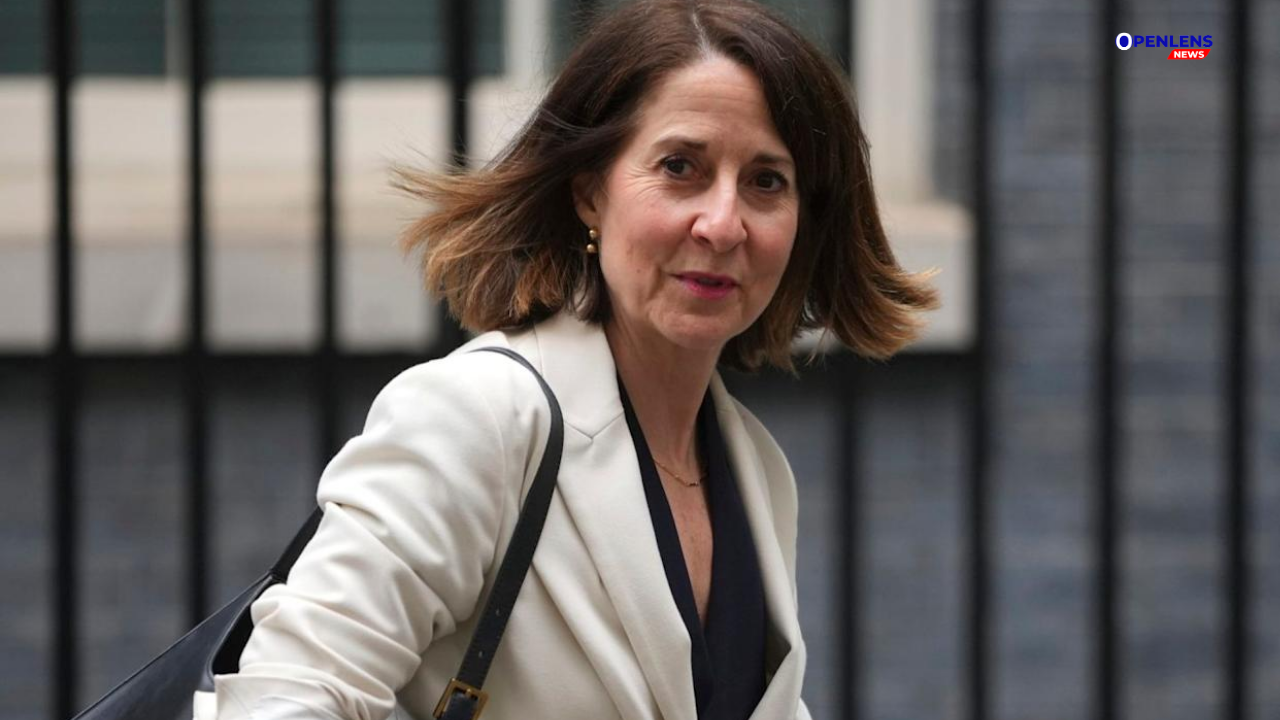Work and Pensions Secretary Liz Kendall has delivered a stark warning that the UK’s welfare system is at serious risk of collapse if bold action isn’t taken soon. She argued that with benefits spending now exceeding £326 billion a year, the country faces a critical financial tipping point. According to Kendall, the only way to preserve support for those who truly need it is to make tough decisions now to ensure the long-term sustainability of the system. She stressed that the current trajectory is simply unsustainable, and without reform, future generations may find the safety net they rely on has been irreparably weakened.
Central to the proposed reforms are changes to Personal Independence Payments (PIP), with estimates suggesting that over 800,000 disabled people and an additional 150,000 carers could see reductions in support by 2030. The government is also proposing a new approach to work capability assessments and shifting resources toward employment support services. To ease the transition, the plans include a 13-week payment for those who lose eligibility and protections for individuals with terminal or lifelong conditions.
Kendall made clear that these proposals are not about cutting people off unfairly, but about reshaping a system that’s no longer functioning efficiently. She believes reforms will help better support people who can return to work, while still safeguarding those who need lifelong assistance. The money saved, she said, will be reinvested into services that help people find and stay in employment, breaking the cycle of long-term dependency.
However, the announcement has been met with fierce criticism. Disability rights groups and social justice campaigners have described the reforms as harsh and potentially harmful, warning that they could drive some of the UK’s most vulnerable citizens into deeper poverty. Within the Labour Party itself, opposition is mounting. As many as 70 MPs are expected to vote against the plans, despite pressure from the party leadership to back the proposals.
Kendall, supported by Prime Minister Keir Starmer, is standing firm. Both argue that this is a moment for leadership, not avoidance. They believe failing to act now will only lead to deeper cuts and fewer protections later on. The weeks ahead will test not only the government’s ability to pass the bill, but also its commitment to reforming the welfare state while preserving its foundational promise of support for all who truly need it.



